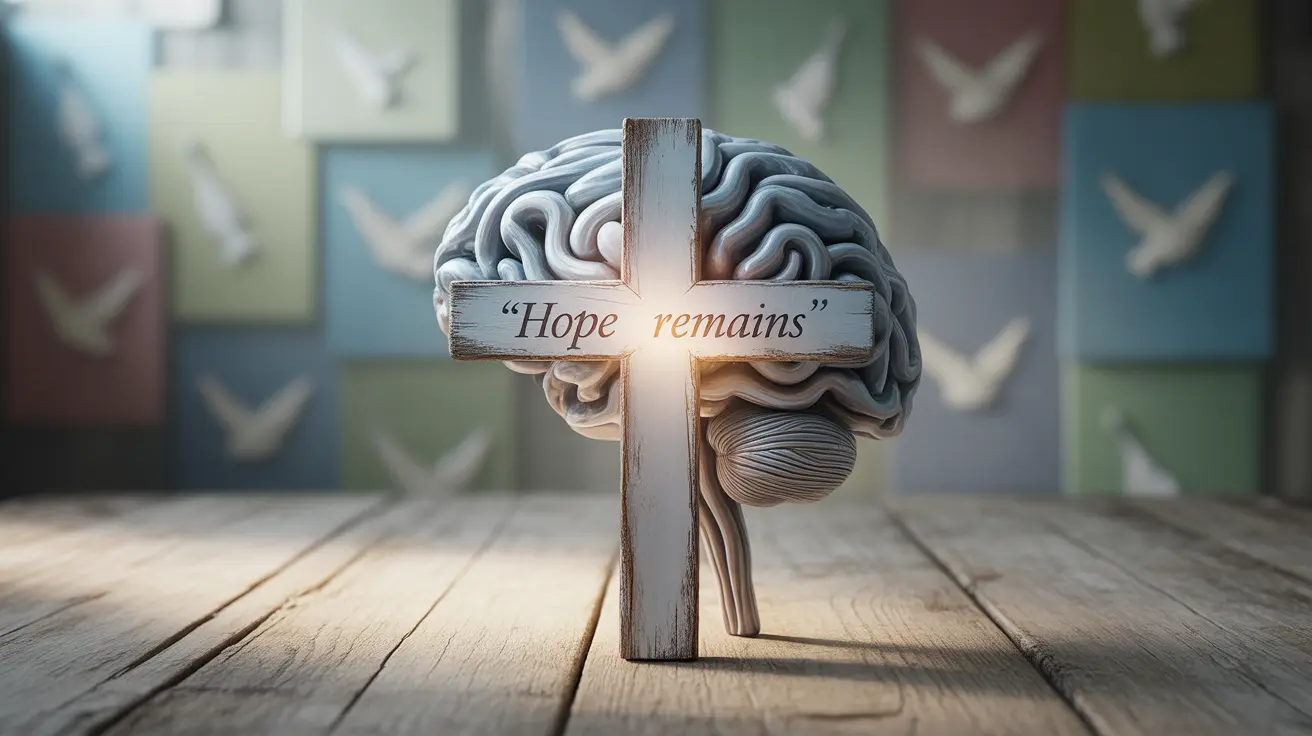The intersection of schizophrenia and religion presents a fascinating and complex relationship that affects many individuals living with this mental health condition. While religious beliefs and practices can offer valuable support and coping mechanisms for some people with schizophrenia, they can also become intertwined with symptoms in ways that require careful consideration and understanding.
This comprehensive exploration examines how religion impacts individuals with schizophrenia, including both its potential benefits and challenges. Understanding these dynamics is crucial for healthcare providers, family members, and individuals managing the condition.
The Supportive Role of Religion in Schizophrenia Management
Religion can serve as a powerful support system for many individuals with schizophrenia. Religious communities often provide social connections, emotional support, and a sense of belonging that can be particularly valuable for those managing mental health challenges.
Key benefits of religious involvement may include:
- Enhanced social support networks
- Structured routines through religious practices
- Improved sense of purpose and meaning
- Access to community resources
- Emotional comfort during difficult times
Religious Coping Strategies
Many individuals with schizophrenia develop positive religious coping mechanisms that help them manage their symptoms and daily challenges. These might include prayer, meditation, or participating in religious services, which can provide comfort and stability when implemented appropriately alongside medical treatment.
Understanding Religious Delusions in Schizophrenia
Religious delusions are among the most common types of delusions experienced by individuals with schizophrenia. These beliefs can vary significantly in content and intensity, often influenced by cultural background and personal religious history.
Characteristics of Religious Delusions
Religious delusions in schizophrenia may manifest as:
- Beliefs about having special divine powers
- Receiving direct messages from religious figures
- Having a unique religious mission or purpose
- Experiencing persecution due to religious beliefs
Cultural Influences and Religious Expression
Cultural background plays a significant role in how religious themes manifest in schizophrenia. Different societies and cultural contexts can influence both the content of religious delusions and how they are interpreted by healthcare providers and family members.
Treatment Considerations and Religious Beliefs
Healthcare providers must navigate the delicate balance between respecting religious beliefs and ensuring appropriate medical treatment. This requires cultural competency and sensitivity while maintaining focus on evidence-based therapeutic approaches.
Strategies for Integrated Care
Effective treatment often involves:
- Respecting religious beliefs while addressing symptoms
- Collaborating with religious leaders when appropriate
- Distinguishing between healthy religious practices and symptoms
- Developing culturally sensitive treatment plans
Frequently Asked Questions
How can religion help people with schizophrenia cope and improve their quality of life?
Religion can provide valuable social support, structured routines, and coping mechanisms for individuals with schizophrenia. Religious communities often offer practical assistance, emotional support, and a sense of belonging that can enhance overall quality of life when balanced with proper medical treatment.
What are the risks of religious delusions in schizophrenia and how do they affect treatment?
Religious delusions can complicate treatment by potentially interfering with medication adherence or therapy engagement. These delusions might lead individuals to believe they don't need treatment or that their symptoms have divine origins, making it crucial to address these beliefs sensitively while maintaining therapeutic progress.
Why do some individuals with schizophrenia experience religious hallucinations or delusions?
Religious themes often appear in schizophrenia because they represent powerful, culturally significant concepts that can become incorporated into the illness experience. The brain's altered processing of reality in schizophrenia may attach to religious ideas due to their profound personal and cultural significance.
Can strong religious beliefs cause someone to avoid psychiatric treatment for schizophrenia?
While strong religious beliefs themselves don't cause treatment avoidance, they can sometimes influence treatment decisions. Some individuals might initially prefer religious solutions over medical treatment, making it important to demonstrate how both spiritual and medical approaches can work together.
How do cultural differences influence the content of religious delusions in schizophrenia?
Cultural background significantly shapes the content and expression of religious delusions. The specific religious themes, symbols, and beliefs present in a person's cultural context often influence how religious delusions manifest and are interpreted within their community.




